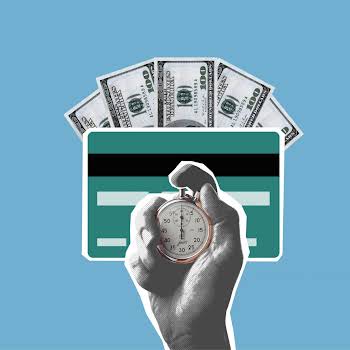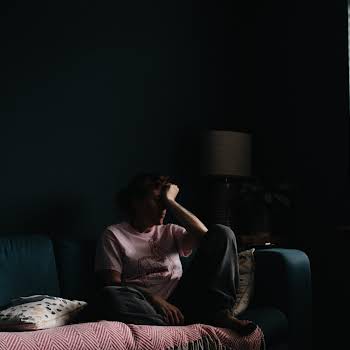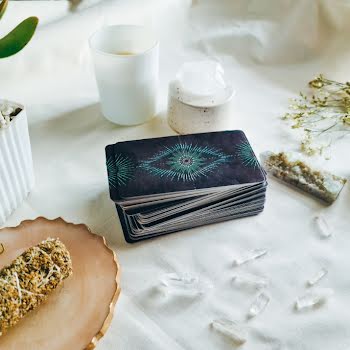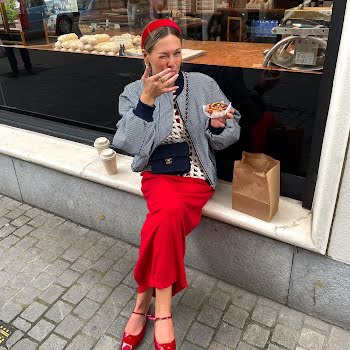By Rhona Mcauliffe
12th Oct 2020
12th Oct 2020
Dear Rhona,
I’ve been living with a chronic illness for nearly five years now. I was diagnosed after the birth of my third child when my physical and mental health suffered hugely.
I didn’t return to work after the birth and spent the guts of six months in bed. This has put a huge strain on our immediate and extended family as I often have to rely on support from my parents and sisters to help me with the kids as my husband works for himself and cannot take time off. Financially we are doing ok on one income, which is a blessing but our relationship is crumbling.
My health is unpredictable and I know that accepting my limitations is the only way I can have any quality of life day to day and look after my children. This means not drinking alcohol, never going out at night, being in bed by about 8.30 pm most nights and generally looking after myself.
My husband has got so bored of this and maybe bored of my illness, that he has started living a separate life. On the very rare occasion we do go out together at night, I leave at a reasonable hour and he will usually stay on and roll in at five or six in the morning. He has a very stressful job and tells me that he needs a social outlet to carry on. I understand that but I have no idea how to salvage our relationship if I can’t offer him what he wants.
It goes without saying that we haven’t slept with each other for a very long time and can’t seem to connect at all anymore. I feel like I’m holding him back from the life he should have but I’m also not brave enough to ask him if he wants out because I dread the answer he’ll give. Am I being selfish by clinging on to what we have?
Anon.
Two things struck me most about your letter. Firstly, that you are almost apologising for your long-term illness. Secondly, that you seem to be more concerned about your husband’s pain-free ride through life than your own endlessly challenging journey. Working towards reframing these narratives will be crucial for both of you moving forward.
It sounds like you’re doing a phenomenal job at the moment and dare I say it, already extending yourself beyond the outer limits of someone living with a chronic illness. Catering to the physical needs and emotional demands of three young children is in itself exhausting and often overwhelming.
Even with help, any resources you have are likely to be sapped on a daily basis. From everything I’ve read – and again I’m going to roll out the I-am-not-a-doctor disclaimer – attempting to convey the often unseen pain and anguish of a long-term illness to a partner, friend or acquaintance is complex.
Toni Bernhard, former law professor and author of How To Be Sick, contracted a mysterious viral infection on a trip to Paris in 2001. She writes: “I blamed myself for not recovering from the initial viral infection–as if not regaining my health was my fault, a failure of will, somehow, or a deficit of character. This is a common reaction for people to have toward their illnesses. It’s not surprising, given that our culture tends to treat chronic illness as some kind of personal failure on the part of the afflicted–the bias is often implicit or unconscious, but it is nonetheless palpable.”
Once Bernhard stopped blaming herself for the illness, she began to learn how to treat herself with compassion and her outlook was transformed. Part of this was accepting her new identity and not trying to live up the expectations of her previous, able self.
While we are getting much, much better at talking about our mental health and recognising a broad spectrum of disabilities, guilt is still a sentiment that looms large in the CI community, for both ‘patients’ and carers; followed closely by anger and resentment. This is entirely normal as you grieve the carefree life you once had and work towards reimagining a new reality.
That doesn’t mean that your new life will be any less rewarding or joyful, ultimately, but it does rely on both of you laying bare your emotions en route. It’s important to note here that any anger and resentment should be aimed at the illness, never at you. To get to this point of emotional rawness and catharsis, finding a counsellor who you both feel comfortable with is key. This may take a couple of false starts with a number of different therapists but do persevere. Accord.ie will be able to advise you on best course.
It sounds like communication, or lack thereof, is your primary issue at the moment so just having a formal platform to listen to each other will have a huge impact. Remember too, that chronic illness sufferers are more susceptible to anxiety and depression, as are their caregivers. It’s natural to want to protect your husband from the trials of your illness but this is not your job. At the moment, it sounds like he may even be competing with you on who has drawn the shortest straw, you for your illness or him for having to deal with it. Again, this can be a normal reaction but needs to be properly addressed with a therapist so he can break this toxic thought? cycle.
In terms of sex, dry spells happen with every couple. With a chronic illness, this might be when the disease flares, when you have a lot of pain or when you’re getting used to a new medication etc. But intimacy isn’t just about the physical act. Just because you’re not swinging from the chandeliers at the moment it doesn’t mean you can’t do other things like caressing each other and focusing on each other’s desires. Reclaiming your social ease first by spending quality, alone time together would be a huge help.
I imagine you feel that you have exhausted all of the goodwill of your family and friends just to get you through the week but calling on them to have the kids for two nights, and two full days, would allow you both to take a much?needed breath. If, after a period of counselling and communicating properly, you still feel like a burden to your husband, it may be that you are stronger without him in the end.
I think this quote from artist and writer, Anne Radmacher sums it up perfectly: “Courage doesn’t always roar. Sometimes courage is the quiet voice at the end of the day saying, I will try again tomorrow.”
Much love.























